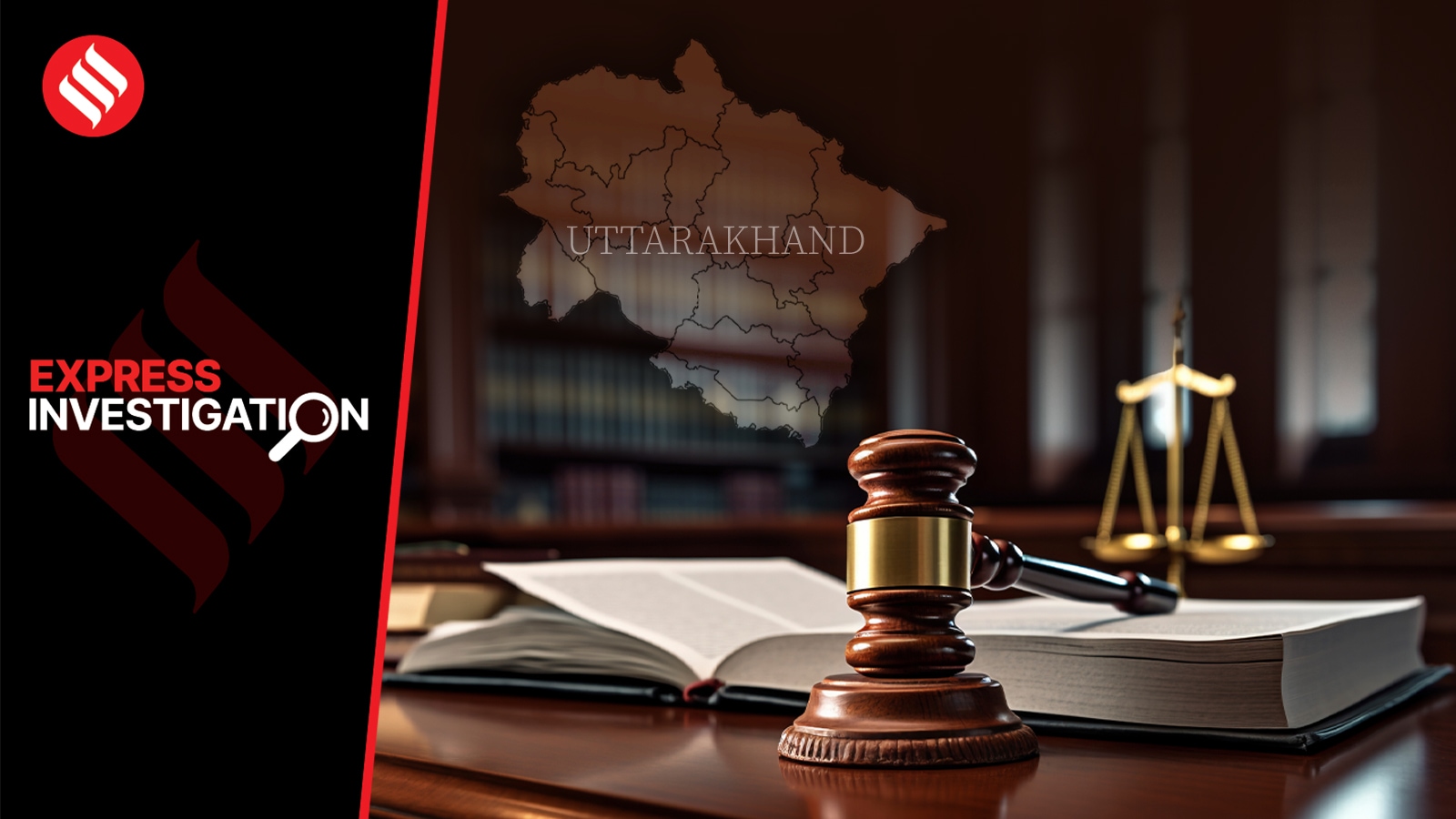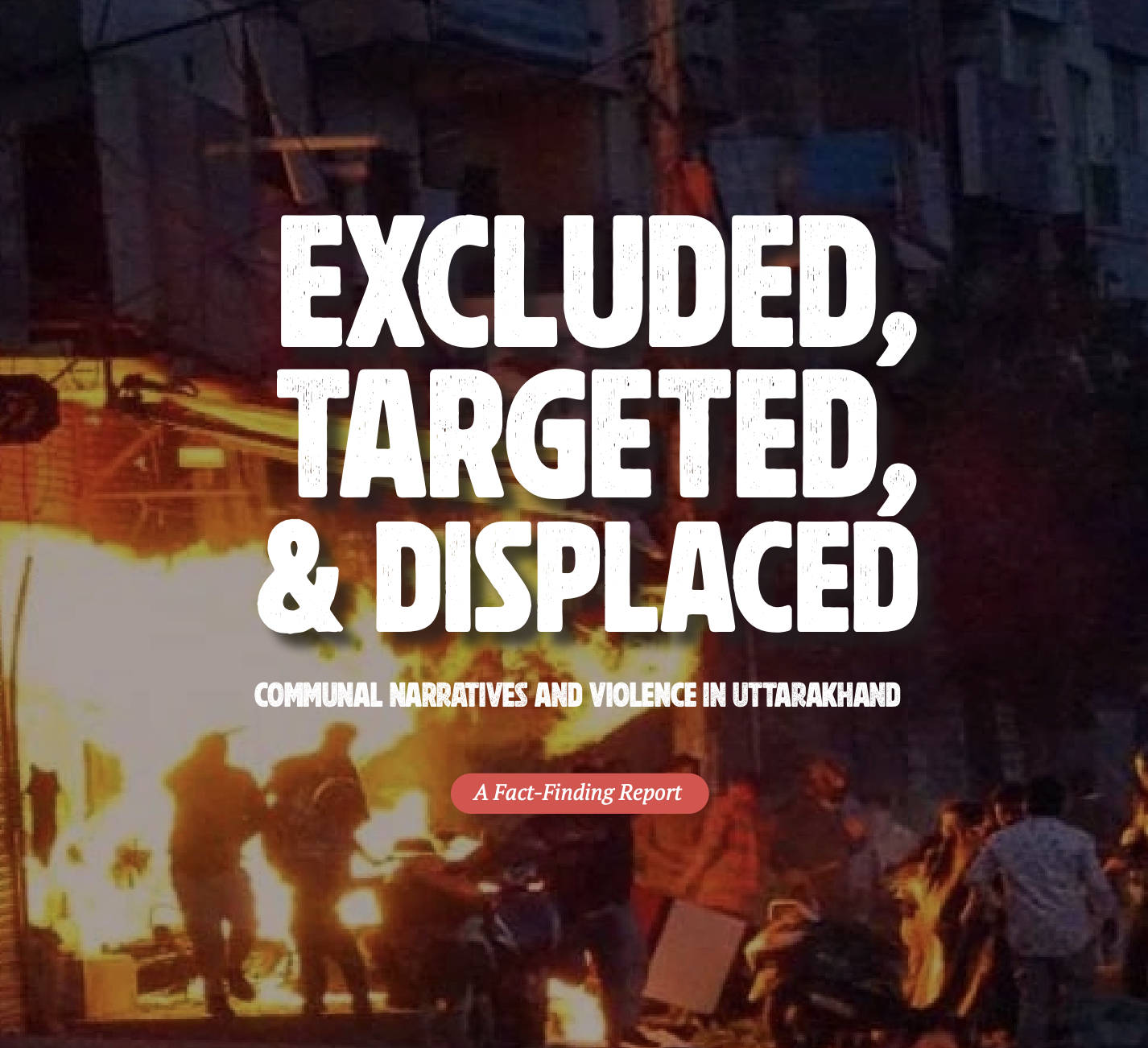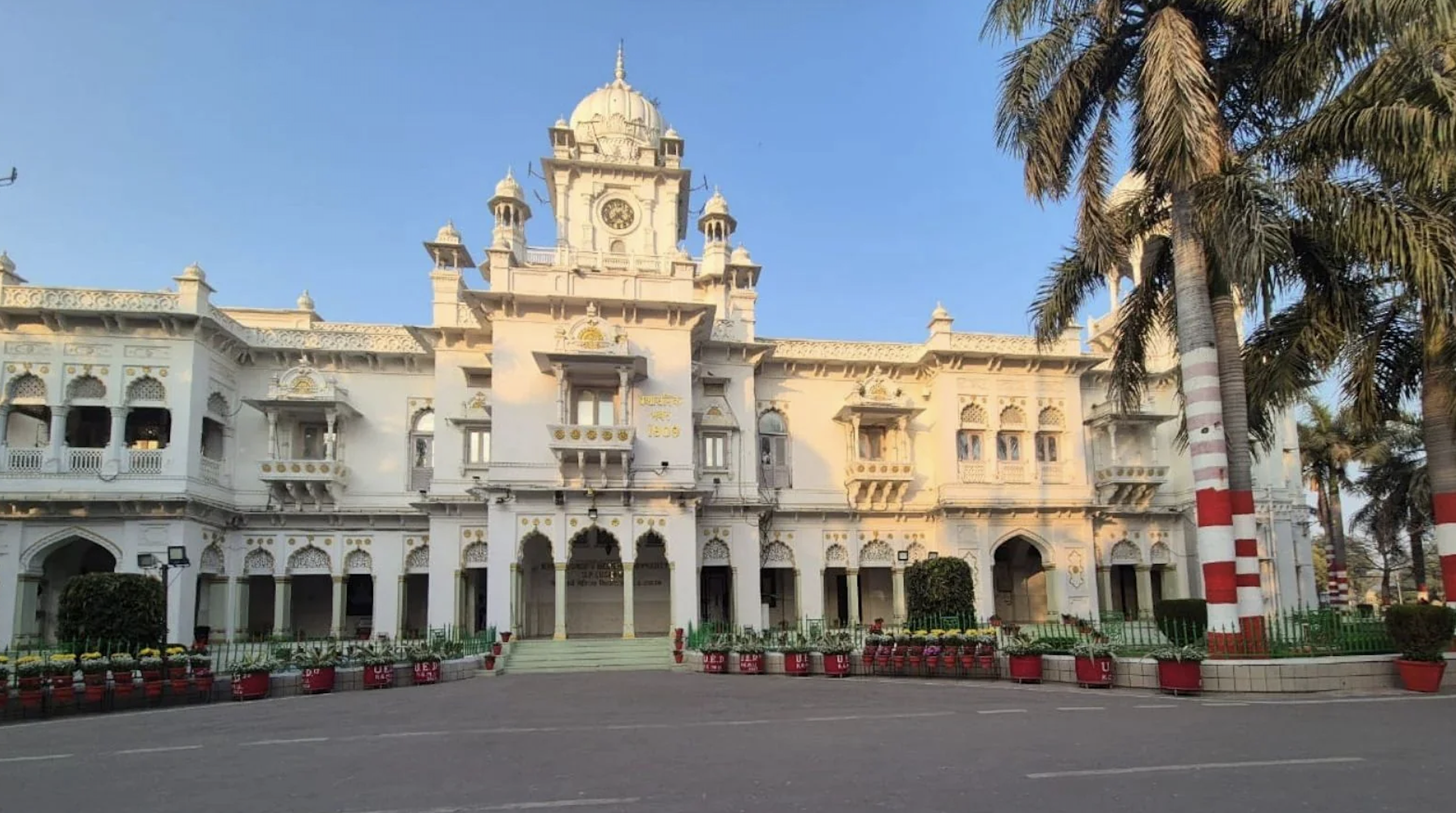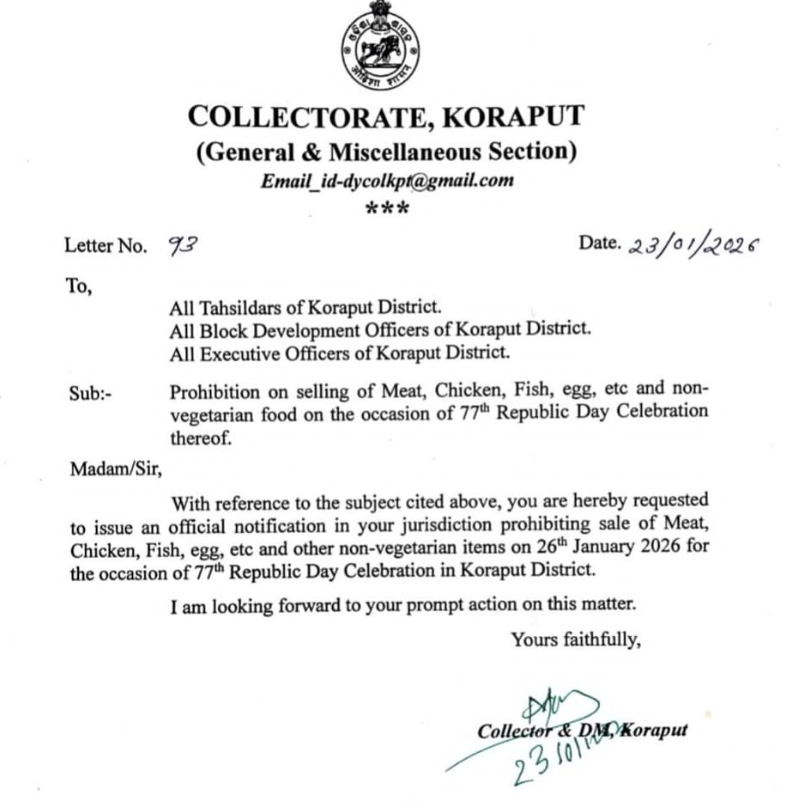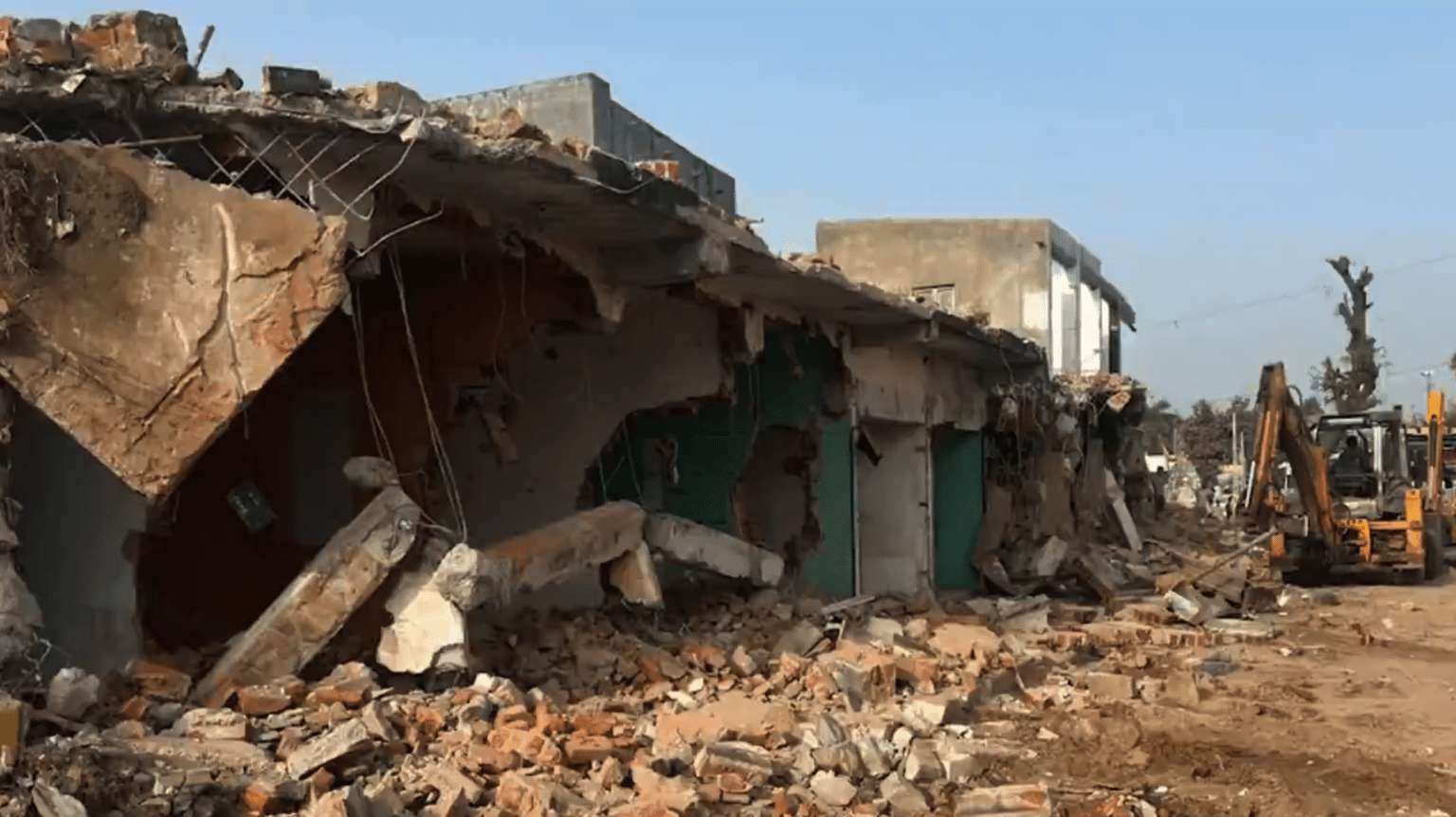
By Adeeba Jamal
On October 9, nearly 180 houses and shops, overwhelmingly belonging to Muslims if not all, were reduced to rubble in Bahiyal village of Gujarat’s Dholka Taluka, leaving scores of families without shelter or livelihood days after communal tensions in the area. Authorities said the demolition was carried out as part of “an anti-encroachment drive”, while critics and residents call it another instance of “bulldozer justice.”
This incident is being viewed as yet another state-backed retribution against Muslims, following communal violence triggered by two viral WhatsApp statuses—one reading “I Love Muhammad” and the other “I Love Mahadev”—shared during the Hindu festival of Navratri. The Bahiyal clashes come against the backdrop of a nationwide crackdown on Muslims linked to the “I Love Muhammad” campaign.
The unrest led to arson and stone-pelting, with nearly 60 people detained and over 200 allegedly involved in the violence, which damaged vehicles and shops, some of which were set on fire. A total of 4,505 Muslims have been booked, and 265 were across North India, according to a recent report by the Association for Protection of Civil Rights (APCR).
In Bahiyal, 186 properties were declared “illegal” and 178 of them were demolished, sparing eight whose owners have approached the High Court, The Indian Express reported. Before bulldozers, Muslim residents accused the police of entering their houses at night, arbitrarily detaining young men, and misbehaving with women. Police also paraded the Muslim youth accused and arrested in the town.
Locals allege that members of Hindu outfits, some arriving from nearby villages, stormed into Muslim homes—allegedly in the presence of police—vandalising property and assaulting women and children.
In the aftermath, it is the Muslim community that appears to be bearing the brunt. Many lost not only their homes but also their primary means of livelihood. It is alleged that the demolished structures belonged to individuals accused of participating in the Navratri violence. Authorities also claimed that these buildings were illegal constructions.
Entire neighbourhoods—primarily inhabited by Muslims—in Gandhinagar were razed to the ground. Left devastated and helpless, residents watched as their homes crumbled under the supervision of 400 to 500 police personnel.
According to Gandhinagar Superintendent Ravi Teja Vasamsetty, the authorities identified the alleged encroachments within ten days and issued notices prior to the demolition drive. However, many residents questioned the legitimacy of the process, arguing that a one-day notice cannot justify the destruction of properties built over many years.
Residents further alleged that police warned them against approaching the demolition site, saying they would “end up in the debris” if they did.
This story was originally published in maktoobmedia.com. Read the full story here.


